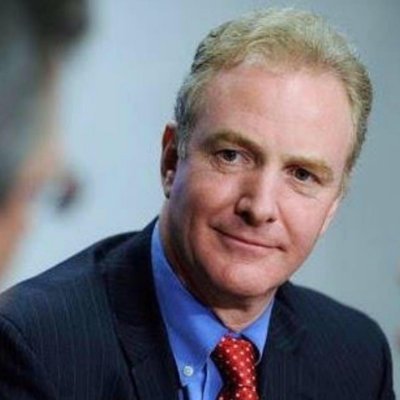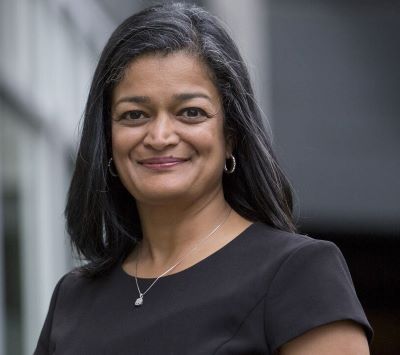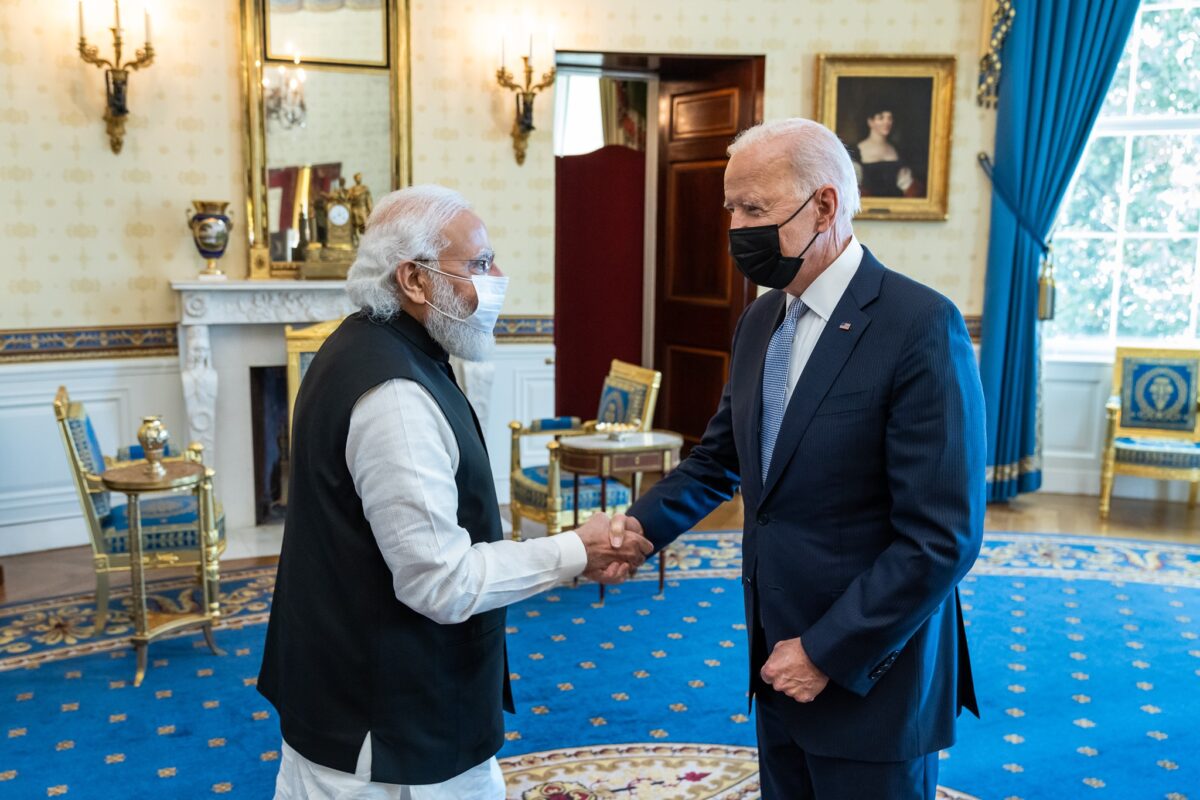As Prime Minister Narendra Modi touched down June 20 morning in New York for the first leg of his 4-day official state visit, 75 members of Congress sent a letter to President Joe Biden, urging him to address India’s alleged record of human rights violations with Modi.
“Today, Sen. Van Hollen and I are leading over 70 of our colleagues in calling on President Biden to address India’s human rights record with PM Modi. We must ensure freedom of the press, religious tolerance, internet access, and the diversity of political thought,” tweeted Rep. Pramila Jayapal, D-Washington, who — along with Sen. Chris Van Hollen, D-Maryland — led the bicameral letter. “The U.S.-India relationship is vital and we must continue to strengthen it by having these forthright conversations,” she wrote.
The letter was signed by 18 members of the Senate, and 57 members of the House. The four other Indian American members of Congress — Reps. Ami Bera, D-California; Raja Krishnamoorthi, D-Illinois; Shri Thanedar, D-Michigan; and Ro Khanna, D-California, co-chair of the House Caucus on India and Indian Americans — were not signatories to the letter.
Rep. Tlaib Boycotts Modi’s Speech
Rep. Rashida Tlaib, D-Michigan, also did not sign the letter, but tweeted June 20 that she would boycott Modi’s address to a joint session of Congress, which is scheduled for June 22. “It’s shameful that Modi has been given a platform at our nation’s capital. His long history of human rights abuses, anti-democratic actions, targeting Muslims & religious minorities, and censoring journalists is unacceptable,” she wrote.
Last week, several prominent civil rights advocates urged a boycott of all Modi’s public appearances. Modi led a public yoga session June 21 at the United Nations headquarters in New York. He will address Congress the following day and then attend a state dinner hosted by the Bidens that evening.
On June 23, Modi is scheduled to make several public appearances at forums in Washington DC. Civil rights leaders are planning demonstrations in front of the White House and at each of his public appearances.
The letter notes that both countries share the values of free speech, freedom of the press, and religious freedom, and have embedded those values into their Constitutions.


Religious Intolerance
But, noted the writers, “A series of independent, credible reports reflect troubling signs in India toward the shrinking of political space, the rise of religious intolerance, the targeting of civil society organizations and journalists, and growing restrictions on press freedoms and internet access.
Jayapal and Van Hollen referenced the State Department’s 2022 Country Report on Human Rights Practices in India — released this March — which documents the tightening of political rights and expression.
They also referenced the International Religious Freedom in India report issued by the State Department. “(The report) details the worrisome increase of religious intolerance toward minorities and religiously motivated violence by both private and state actors,” wrote Jayapal and Van Hollen.
The members of Congress also referenced annual assessments compiled by Reporters Without Borders, which “show that India, a country that has been known in the past for its vibrant and independent press, has fallen significantly in the rankings for press freedom.”
India Important Strategic Partner
India now ranks 161 out of 180 on RWB’s global score of press freedom, significantly behind other South Asian countries including Pakistan and Afghanistan. Bangladesh ranks 163 on the index.
“As the world’s oldest democracy and the world’s largest democracy, the United States and India have forged a close relationship based on strategic interests and shared democratic values,” wrote Jayapal and Van Hollen. “India is an important member of the Quadrilateral Security Dialogue (the “Quad”) and a crucial partner for stability in the Indo-Pacific.”
“Trade and investment between the United States and India continue to grow, and there is an opportunity to greatly expand our economic ties. We welcome India’s potential increased role in supporting secure supply chains for critical sectors such as semiconductors and pharmaceuticals,” wrote Jayapal and Van Hollen.
“As longtime supporters of a strong U.S.-India relationship, we also believe that friends can and should discuss their differences in an honest and forthright way. That is why we respectfully request that — in addition to the many areas of shared interests between India and the U.S. — you also raise directly with Prime Minister Modi areas of concern.”
Biden had not publicly addressed the letter by press time June 20. But at a press briefing that afternoon, White House national security spokesperson John Kirby said it is “commonplace” for Biden to raise concerns about human rights with counterparts from overseas.




